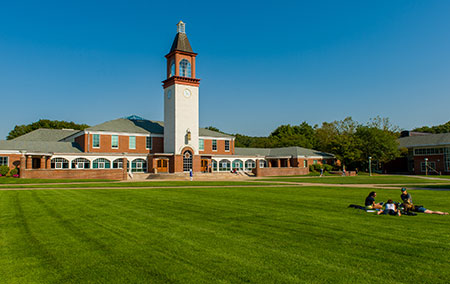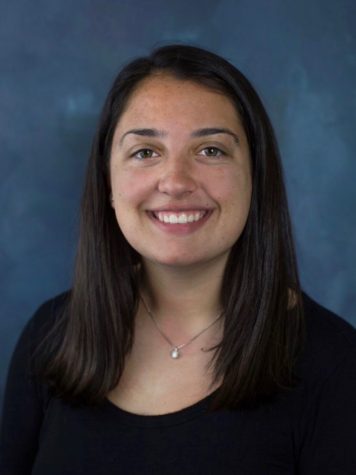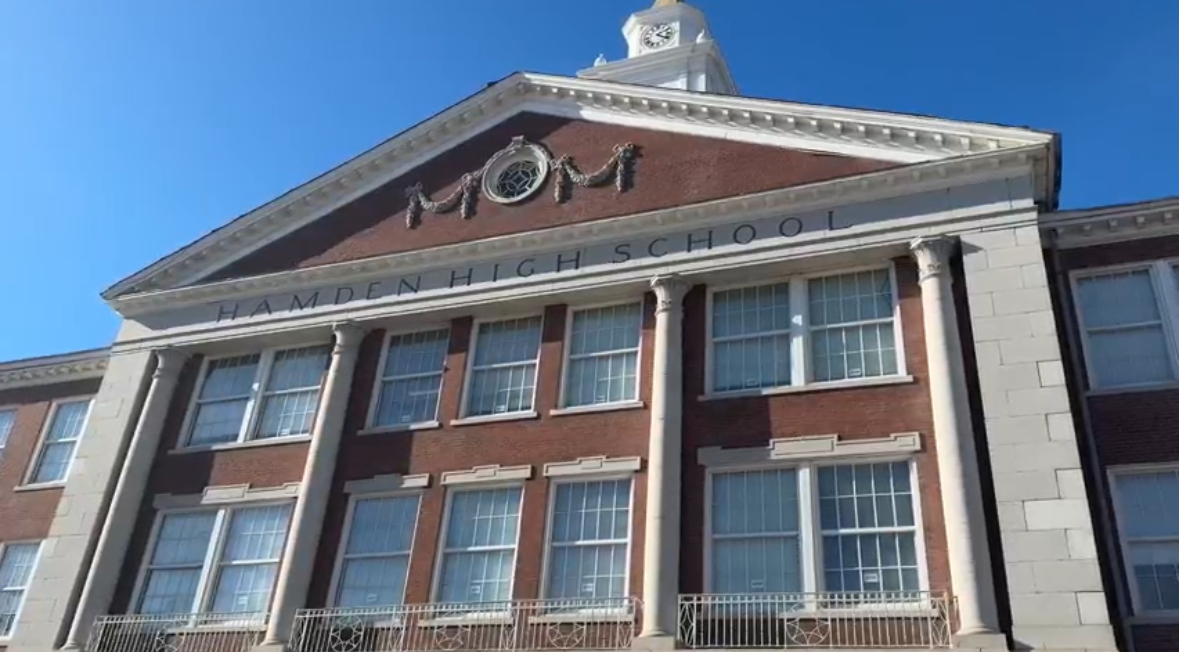Quinnipiac relaxes mask regulations indoors; mandate remains in the classroom

March 1, 2022
On Monday, Feb. 28, Quinnipiac University announced that effective March 1 masks would no longer be required indoors other than in classrooms and for large events.
Students received an email stating the indoor mask policy had been revised given high vaccination rates and low positivity rates this semester.
“We’re pleased that we are here now, we are pleased that everyone has pulled together this first month of the semester and we have done very well. That also makes us more confident that we can move forward. So the mask mandate has been lifted for all spaces except classrooms,” said Dr. David Hill, the Senior Medical Advisor.
Hill explained that it was still important for students to mask in classrooms in order to be considerate to those who don’t feel comfortable without a mask, who could have underlying conditions and to protect themselves and professors in general.
“The classrooms are a required event and students don’t have a choice about whether or not they show up in the classroom,” Hill said. “And oftentimes they haven’t necessarily made a choice of who they sit next to, and that’s very different than the dining hall, other public events, the dormitory situation.”
The decision was created in order with relaxing mask regulations from the CDC, how other Connecticut universities were responding to the updates, as well as what the administration believes would be the best step forward for Quinnipiac.
Hill explained that the new CDC guidance moved from a “case-based approach” to COVID-19 to a “consequence-based approach.” This means looking at the bigger picture, such as hospital capacities, rather than tracing every case.
“The case-based approach was to identify every case… and given the high level of vaccination for most parts of our country, it makes more sense to look at the consequences of Covid right now than all of the cases,” Dr. Hill said.
According to Hill, looking at the consequences instead of the cases means learning to live with COVID-19 and considering only the most necessary precautions for each specific community.
“Quinnipiac is a highly vaccinated population, omicron is waning, we have done well so far with our numbers of cases on campus, our capacity to take care of students has never been overwhelmed in our first month of being back, so it makes sense to align ourselves… with CDC guidance… with the governor’s new lifting of the requirement of institutions in Connecticut as of Monday [February 28],” Hill said.
At this point, scientific guidance is in line with public opinion, especially here at Quinnipiac. Students are adjusting to the new freedom that comes with relaxed mask rules.
“Personally, I’m a little nervous that rates are going to spike back up again, that’s why I still wear mine. As much as I think progress is great, I want to see how it goes before I jump into it,” second-year student Maya Huggins said.
“It’s kind of refreshing not having to wear the mask everywhere. Especially in the dorm rooms, I feel like that’s the best thing that’s happened… because it’s a lot to do especially if you’re just going from your room to the bathroom… it’s pretty awesome, I just hope that it’s off everywhere soon,” first-year student Omar Saad said.
“It’s a little weird, to be completely honest. In my opinion I feel like I still need to be wearing one, so when I walk in the building I go to take it out and I’m like, ‘oh, wait a minute, I actually don’t have to wear it,’ so it’s going to take me a little while to get used to it.” first-year student Samantha Primavera said. “I’m a health science major so I see the importance of wearing them, but I do think that we should start to try and experiment with not wearing them to see what it does, because if we don’t start at some point we’re going to end up wearing them forever.”
Hill believes that these new regulations are a great first step to potentially eliminating the mask requirement for good, while balancing the wishes of both students who are calling for relaxed rules and those who prefer masks.
“I see this as a first step towards hopefully having no masks in the classroom. Will that happen this semester, I don’t know. It continues to depend on how we do as a community and what the pressures are around us.”






